Former Illinois Representative Aaron Schock just came out as gay on Instagram.
In a long post, Schock didn't precisely apologize for his anti-LGBTQ+ voting record, but he did ask people to understand.
Schock voted against many bills that were generally supported by the LGBTQ+ community during his 8 years in office.
Among those things he voted against were marriage equality and the repeal of "don't ask, don't tell," the policy that kept openly gay and bisexual people from serving in the United States military.
He also voted against the landmark Matthew Shepard and James Byrd, Jr., Hate Crimes Prevention Act of 2009, which provides federal assistance to state and local governments to help investigate and prosecute hate crimes and changed the definitions of what constitutes a hate crime.
Schock shared his coming out letter on Instagram as a series of images, and linked to a website with the full version.
"I am gay. For those who know me and for many who only know of me, this will come as no surprise. For the past year, I have been working through a list of people who I felt should finally hear the news directly from me before I made a public statement. I wanted my mother, my father, my sisters, my brother, and my closest friends to hear it from me first."
Schock expressed regret at having remained in the closet for so long.
"The fact that I am gay is just one of those things in my life in need of explicit affirmation, to remove any doubt and to finally validate who I am as a person. In many ways I regret the time wasted in not having done so sooner."
He related his experience to that of others in the LGBTQ+ community.
"I offer my story as one person's experience. I've come to believe it is, in some respects, just a more public version of a difficult and ultimately, now optimistic, journey familiar to many LGBTQ people."
Schock cites his Apostolic Christian upbringing as a big source of his motivation to stay closeted and not closely examine his own sexuality.
"I'm sure I knew other gay people in those years of growing up, but I don't think any of us were aware of it. I understood that the teachings of my upbringing were pretty clear on the matter. Because of it, as I got older and first felt myself drawn in the direction of my natural orientation, I didn't want to think about it. I always preferred to force my thoughts in other directions, leaving a final answer about that for another day."
"Once in Congress, I did like I'd always done and threw myself into the distraction of work and what I once understood success to be. That included being responsive to the interests of the constituents in the district that I served."
He feared that revealing his sexuality would not go over well with his constituents, so kept it to himself.
"Perhaps correctly, perhaps not, I assumed that revealing myself as their gay congressman would not go over well. I put my ambition over the truth, which not only hurt me, but others as well."
"I also, in retrospect, realize that I was just looking for more excuses to buy time and avoid being the person I've always been."
While he never truly apologized for the hurt he caused the community, he does approach an apology.
"I like to think I would have sorted all this out in the right way, had circumstances allowed."
Schock's coming out story was likely depressingly familiar to LGBTQ+ people who were raised in evangelical Christian families. He was on his way to visit family and come out to his family when life got in the way.
"Halfway through the trip, I spoke with my mother. News broke of my weekend at Coachella. Pictures online made clear what I was en route to tell my mother in person. She told me to turn around and go back to LA. I wasn't welcome at home for Easter."
"To characterize some of these conversations with my family in general, it's fair to say it has not been a case of instant acceptance and understanding. What I had to share was unwelcome news to every single person in my family, out of the blue in some cases, and was met with sadness, disappointment, and unsympathetic citations to Scripture. "
Many members of the Twitter LGBTQ+ community were not ready to forgive Schock for the harm he caused, but some understood.
Schock is still not in contact with members of his very conservative family, but he has learned a valuable lesson from the whole experience.
"This journey has taught me a valuable lesson: that, whether you are gay or straight, it's never too late to be authentic and true to yourself."

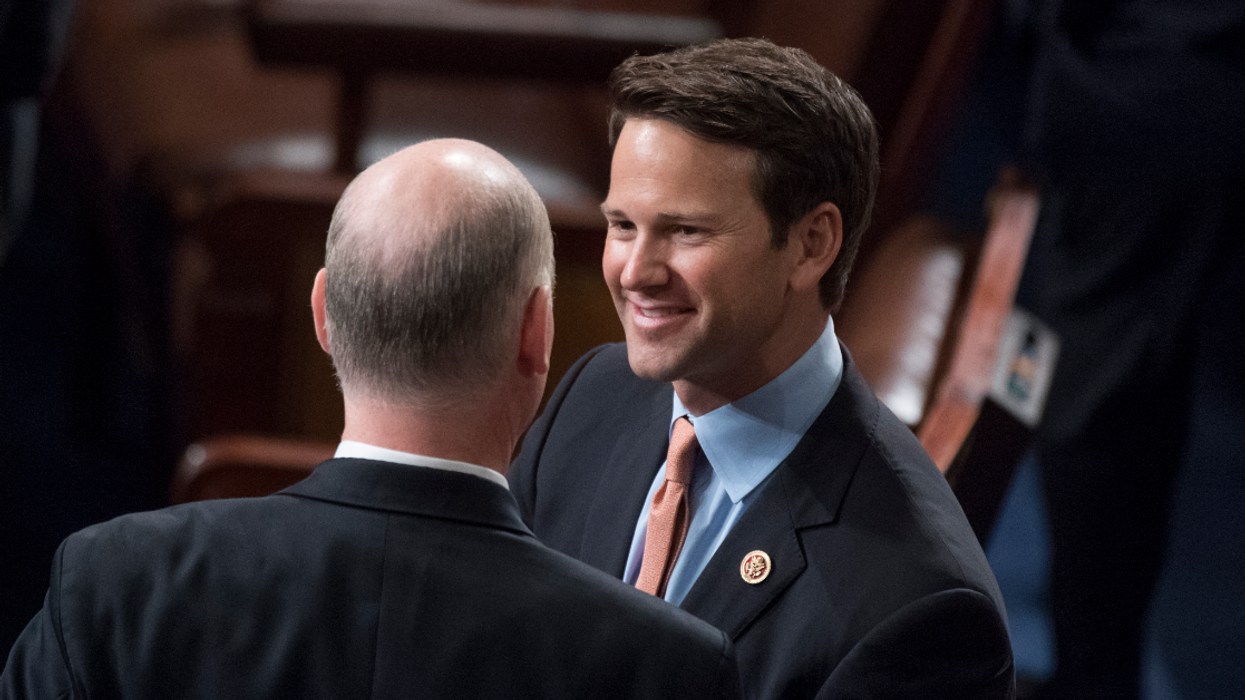





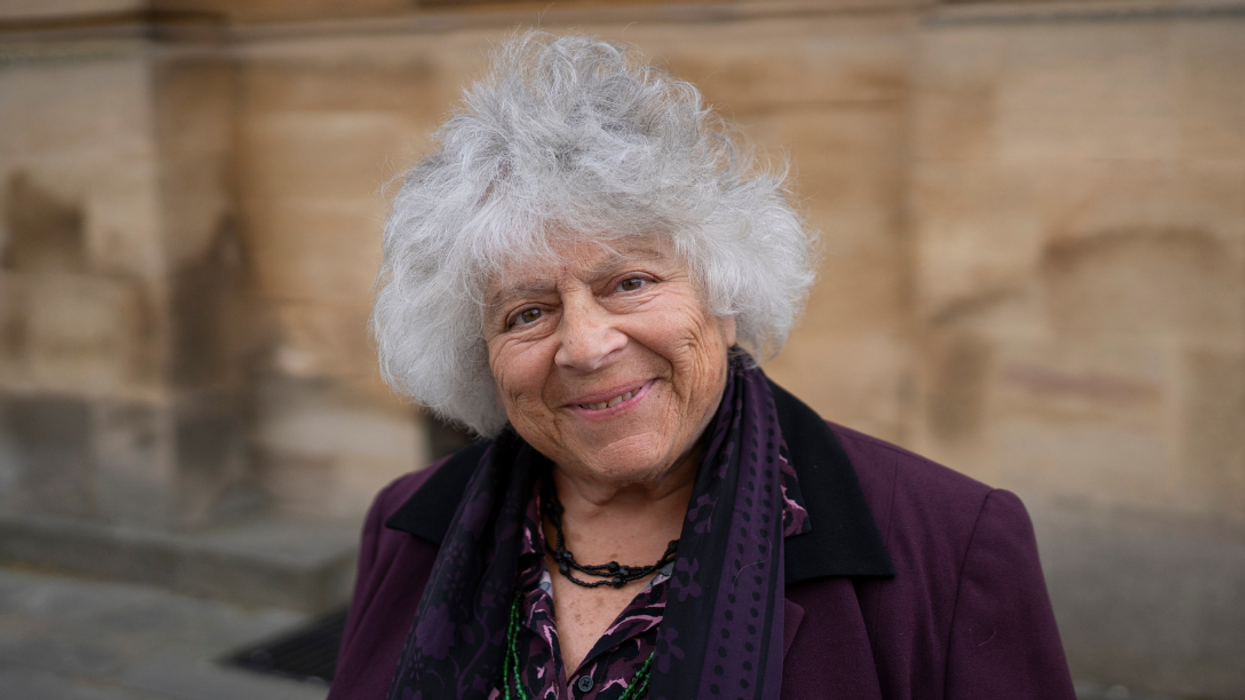
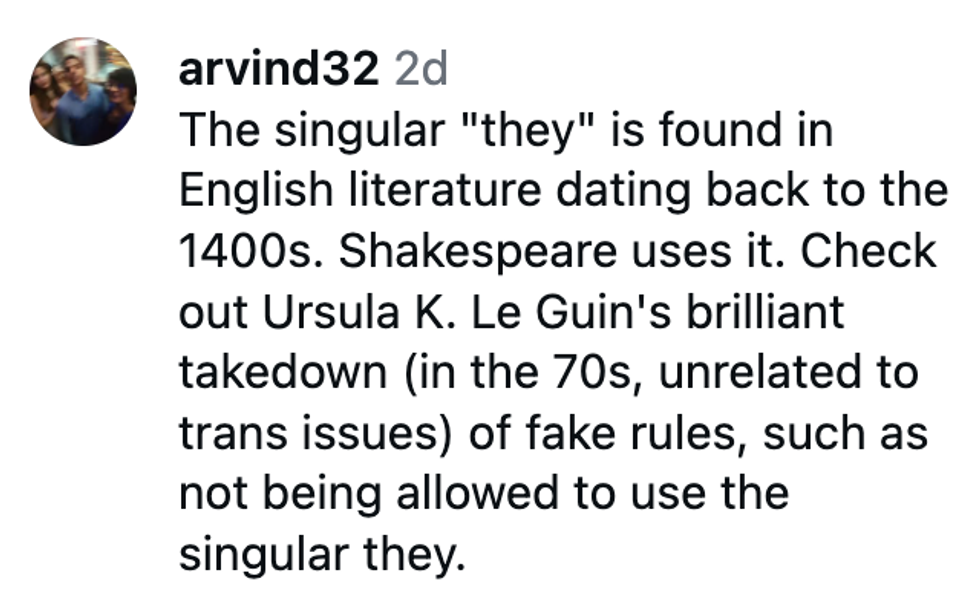
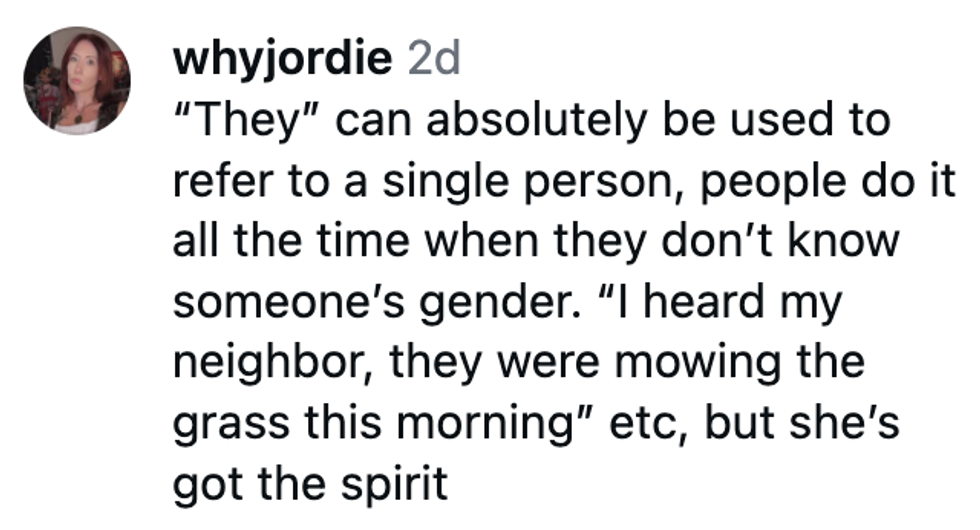

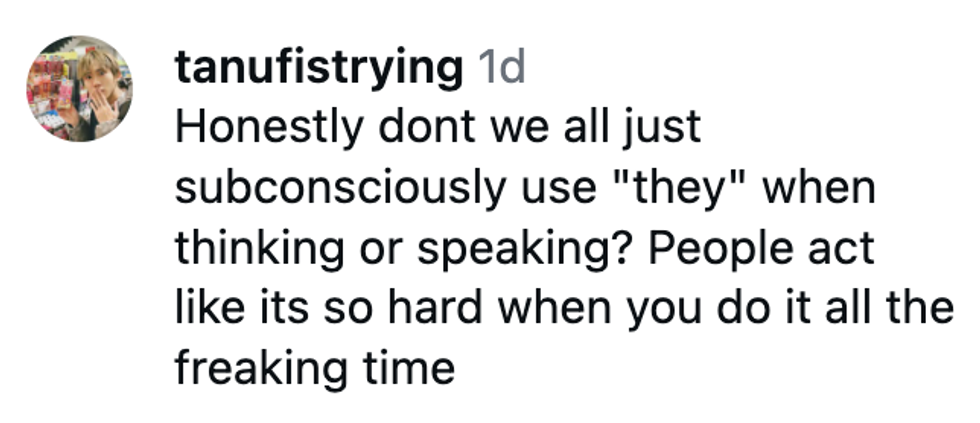
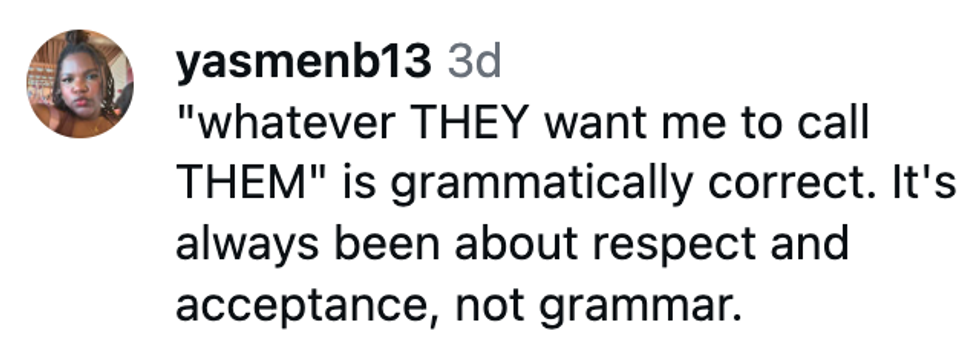

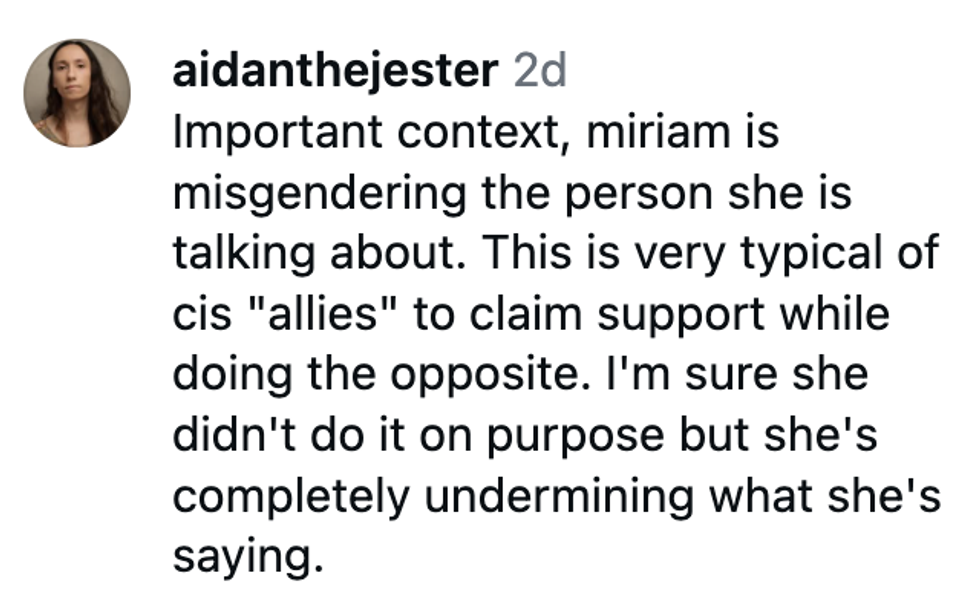







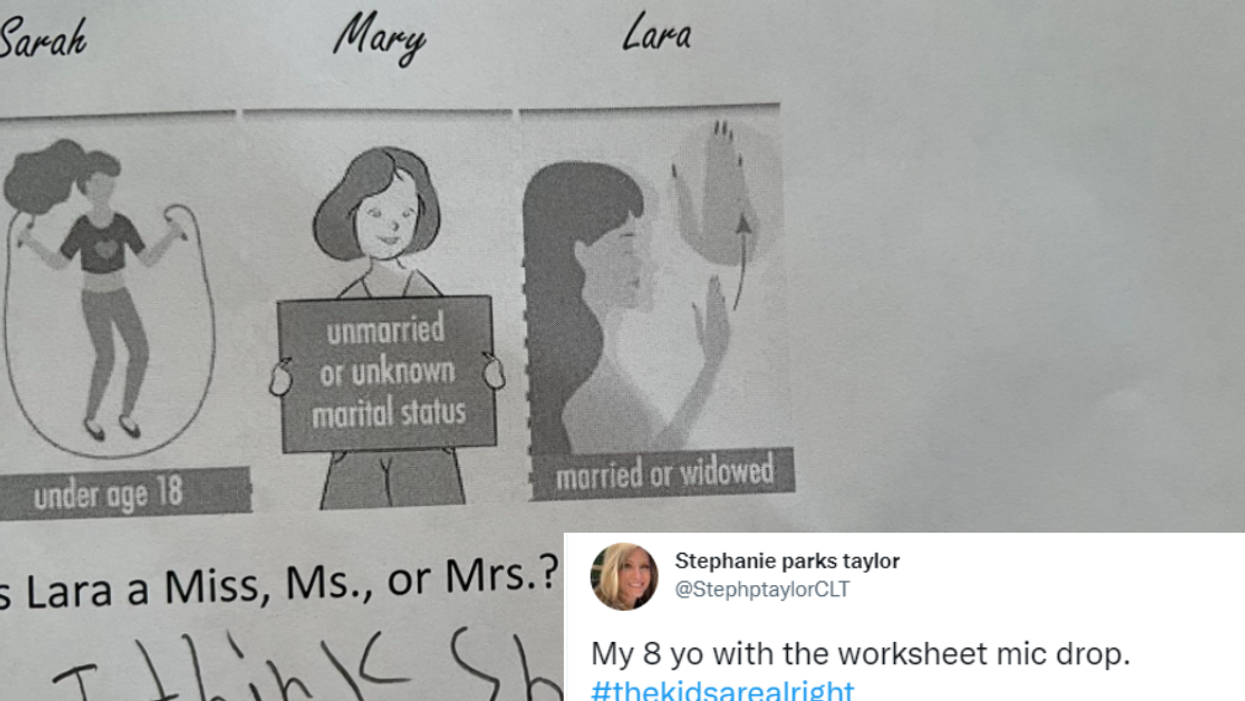





 replying to @elonmusk/X
replying to @elonmusk/X replying to @elonmusk/X
replying to @elonmusk/X replying to @elonmusk/X
replying to @elonmusk/X replying to @elonmusk/X
replying to @elonmusk/X
 Barry Manilow/Facebook
Barry Manilow/Facebook Barry Manilow/Facebook
Barry Manilow/Facebook Barry Manilow/Facebook
Barry Manilow/Facebook Barry Manilow/Facebook
Barry Manilow/Facebook Barry Manilow/Facebook
Barry Manilow/Facebook Barry Manilow/Facebook
Barry Manilow/Facebook Barry Manilow/Facebook
Barry Manilow/Facebook Barry Manilow/Facebook
Barry Manilow/Facebook Barry Manilow/Facebook
Barry Manilow/Facebook Barry Manilow/Facebook
Barry Manilow/Facebook Barry Manilow/Facebook
Barry Manilow/Facebook